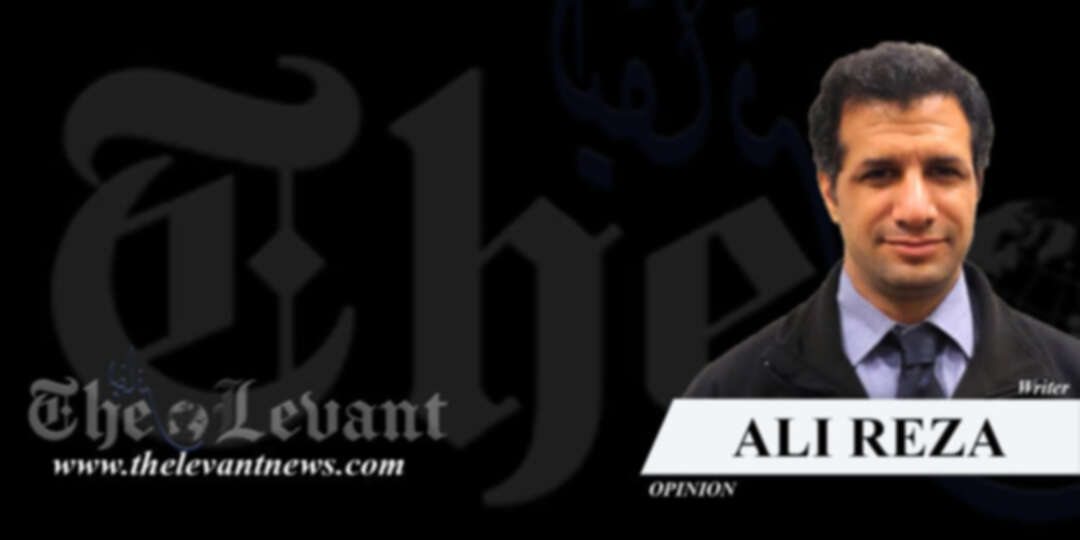-
Can IRGC defeat coronavirus in Iran?

Iran is the epicenter of coronavirus in the Middle East today. The fast spread of the virus is forcing the government and the clerks to retreat from previous statements about holy shrines and quarantine regulations.
Prior to the coronavirus outbreak, the government was widely criticized for not providing any official reports about the casualties and arrests during October 2019 protest crackdown. Short after in January 2020, the Iranian authorities lied about the Ukrainian airplane for several days before admitting it was shot down by IRGC missiles.
This time with the coronavirus outbreak, Mahan Air flights, affiliated to the IRGC, from and to Wuhan in China continued despite all other countries suspending their flights. After the first outbreak in the City of Qom, the authorities went on to hide the news as their focus was on the mass gatherings on the 41st anniversary of the Iranian Revolution and the parliamentary elections on February 21st.
Reports indicated that coronavirus already had 50 victims in the city of Qom by February 13, 2020 while the Health Ministry finally reported only 12 deaths on February 19, two days before the parliamentary election. The high death toll in the first official announcement clearly indicates that the government was fully aware of the coronavirus spread but wanted to wait for after the parliamentary elections.
In his first speech after the election, the Supreme Leader, Ali Khamenei considered the calls for social distancing not go out due to the virus as part of the enemy’s plot against the election.
On February 26, despite all demands for quarantine, Rouhani said that he had no plans to quarantine any “cities and districts” in response to the country’s coronavirus outbreak. On March 15, he again rejected to quarantine cities while the virus was spreading from city to city.
Since the outbreak, the regime has been slow in taking action or even reporting to WHO and there is no doubt that the actual numbers are much higher than reported. Opposition sources suggest that the virus has claimed the lives of more than 5000 citizens so far.
On Friday, March 13, in a televised statement the armed forces chief Major General Mohammad Bagheri said “the country's security forces had been ordered to clear the shops, streets and roads nationwide within 24 hours.”
On Monday, March 17, during a videoconference with IRGC leaders, General Hossein Salami, the head of the IRGC, described the readiness of IRGC’s provincial units as “warlike arrangement".
Despite resistance from hardline clerks, the holy shrines in Mashahd and Qom were closed to public and 85,000 prisoners were temporarily released to combat the spread of the new coronavirus disease in crowded jails.
These new instructions are in total conjunction with Khamenei and Rouhani’s approach but apparently there is no choice except accepting the failure of previous actions.
There is no doubt that the IRGC and the armed forces have the biggest budget and staff in Iran, but the question is, can these military organizations come to help to defeat the coronavirus?
There is a widespread fear that the IRGC would use this opportunity to impose marshal law using the coronavirus as a pretext. Others are asking the authorities to not filter the internet at the time people are told to stay at home.
At the time of crisis, the public trust is the main asset of the governments. And public trust is what IRGC and the others ruling Iran during the past 41 years have lost long time ago.
You May Also Like
Popular Posts
Caricature
BENEFIT Sponsors BuildHer...
- April 23, 2025
BENEFIT, the Kingdom’s innovator and leading company in Fintech and electronic financial transactions service, has sponsored the BuildHer CityHack 2025 Hackathon, a two-day event spearheaded by the College of Engineering and Technology at the Royal University for Women (RUW).
Aimed at secondary school students, the event brought together a distinguished group of academic professionals and technology experts to mentor and inspire young participants.
More than 100 high school students from across the Kingdom of Bahrain took part in the hackathon, which featured an intensive programme of training workshops and hands-on sessions. These activities were tailored to enhance participants’ critical thinking, collaborative problem-solving, and team-building capabilities, while also encouraging the development of practical and sustainable solutions to contemporary challenges using modern technological tools.
BENEFIT’s Chief Executive Mr. Abdulwahed AlJanahi, commented: “Our support for this educational hackathon reflects our long-term strategic vision to nurture the talents of emerging national youth and empower the next generation of accomplished female leaders in technology. By fostering creativity and innovation, we aim to contribute meaningfully to Bahrain’s comprehensive development goals and align with the aspirations outlined in the Kingdom’s Vision 2030—an ambition in which BENEFIT plays a central role.”
Professor Riyadh Yousif Hamzah, President of the Royal University for Women, commented: “This initiative reflects our commitment to advancing women in STEM fields. We're cultivating a generation of creative, solution-driven female leaders who will drive national development. Our partnership with BENEFIT exemplifies the powerful synergy between academia and private sector in supporting educational innovation.”
Hanan Abdulla Hasan, Senior Manager, PR & Communication at BENEFIT, said: “We are honoured to collaborate with RUW in supporting this remarkable technology-focused event. It highlights our commitment to social responsibility, and our ongoing efforts to enhance the digital and innovation capabilities of young Bahraini women and foster their ability to harness technological tools in the service of a smarter, more sustainable future.”
For his part, Dr. Humam ElAgha, Acting Dean of the College of Engineering and Technology at the University, said: “BuildHer CityHack 2025 embodies our hands-on approach to education. By tackling real-world problems through creative thinking and sustainable solutions, we're preparing women to thrive in the knowledge economy – a cornerstone of the University's vision.”
opinion
Report
ads
Newsletter
Subscribe to our mailing list to get the new updates!






















